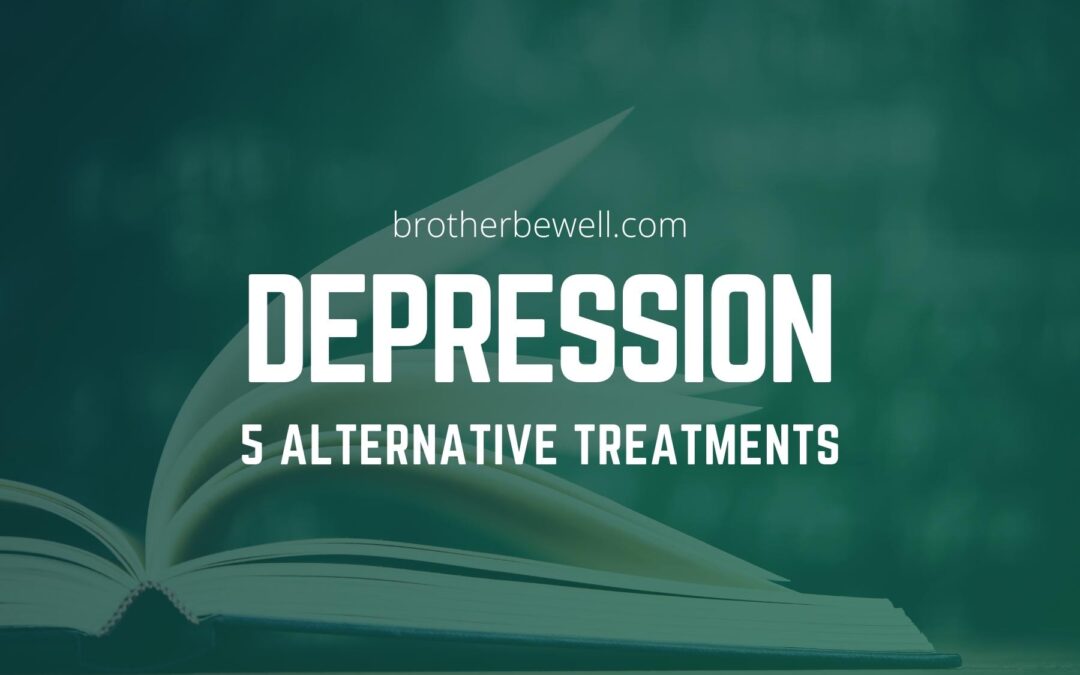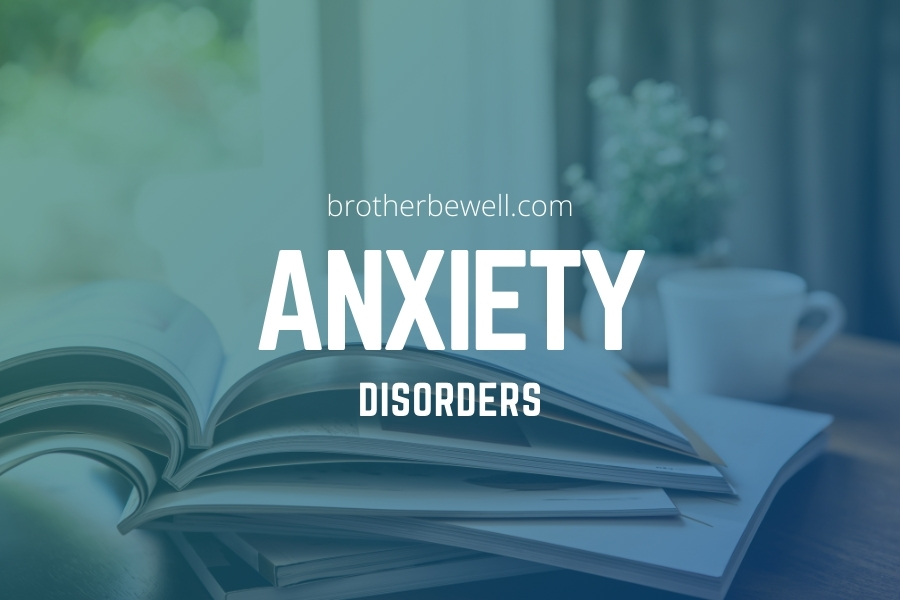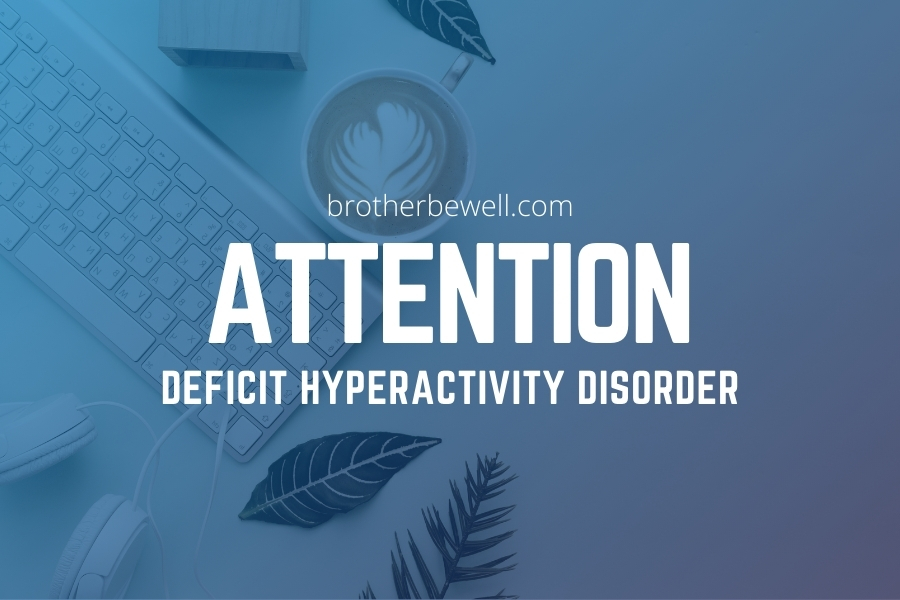In today’s fast-paced world, many of us struggle with the heavy burden of depression. This condition can feel isolating, often accompanied by feelings of hopelessness and fatigue. While traditional treatments such as medication and therapy can be effective for some, others may seek alternative methods to manage their symptoms. Exploring different approaches can open up pathways to relief and promote our overall emotional well-being. Here are five alternative treatments for depression that may complement conventional approaches and help us find balance.
Exercise and Physical Activity
Engaging in regular physical activity has been shown to have a profound impact on our mental health. Exercise releases endorphins, which are natural mood lifters that can elevate our spirits. Whether it’s a brisk walk through the park, a calming yoga session, or even dancing to our favorite tunes in the living room, finding a form of exercise that we enjoy can significantly reduce symptoms of depression. Moreover, being outdoors and soaking in sunlight can enhance the benefits of physical activity. Nature has a way of rejuvenating us, providing a sense of connection to the world around us that can be especially healing during difficult times.
Mindfulness Meditation
Mindfulness meditation invites us to focus our attention on the present moment without judgment. This practice has gained recognition for its ability to cultivate a sense of calm and reduce stress. Research suggests that mindfulness meditation can be particularly beneficial for individuals dealing with depression, promoting self-awareness and emotional regulation. Integrating mindfulness into our daily routines through guided meditation or mindfulness-based therapy can serve as a powerful tool for navigating the ups and downs of life. Even just a few minutes each day spent in quiet reflection can help us develop a greater sense of peace and clarity.
Acupuncture
Acupuncture, an ancient Chinese practice, involves the insertion of thin needles into specific points on the body to restore the flow of energy. Many individuals have reported positive outcomes in managing their depression symptoms through acupuncture. While the precise mechanisms behind acupuncture’s effects on mental health are still being studied, some theories propose that it may influence neurotransmitter activity and hormone levels, ultimately alleviating depressive symptoms. For those of us open to exploring holistic treatments, acupuncture can be a valuable addition to our mental health toolkit, offering a gentle way to foster emotional balance.
Herbal Supplements
Certain herbal supplements, such as St. John’s Wort and Saffron, have garnered attention for their potential in combating depression. These natural remedies contain compounds believed to impact neurotransmitters associated with mood regulation. Incorporating herbal supplements into our routine might provide a gentle boost to our emotional state. However, it is crucial to consult with a healthcare professional before introducing these supplements into our treatment plan. They can interact with other medications and may have side effects. By approaching herbal treatments thoughtfully, we can explore new avenues for healing while ensuring our safety.
Aromatherapy
Aromatherapy harnesses the power of scent to promote relaxation and emotional well-being. Essential oils like lavender, bergamot, and chamomile are commonly used for their calming properties. Inhaling these fragrances or using them in massages and baths can have a soothing effect on our minds and bodies, potentially reducing symptoms of depression and anxiety. Creating a calming environment with essential oils can transform our space into a sanctuary, offering comfort during challenging moments. Embracing the sensory experience of aromatherapy can be a delightful way to nurture our emotional health.
Conclusion
Exploring alternative treatments for depression can offer us a diverse range of options to manage our mental health. While these approaches may not replace conventional interventions, they can serve as valuable complements and empower us on our journey toward emotional well-being. It’s essential to approach our mental health with an open mind, seeking out what resonates with us individually. Consulting with a qualified healthcare provider can help us determine the most suitable treatment plan for addressing depression. By fostering a supportive community and sharing our experiences, we can navigate this journey together, discovering the tools that lead us toward healing and happiness.



